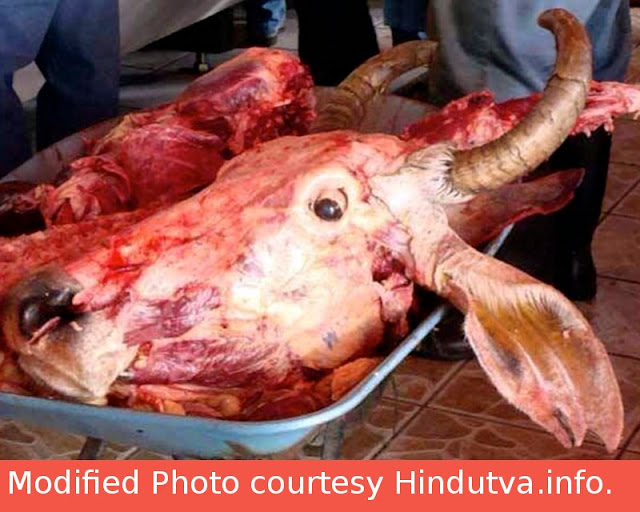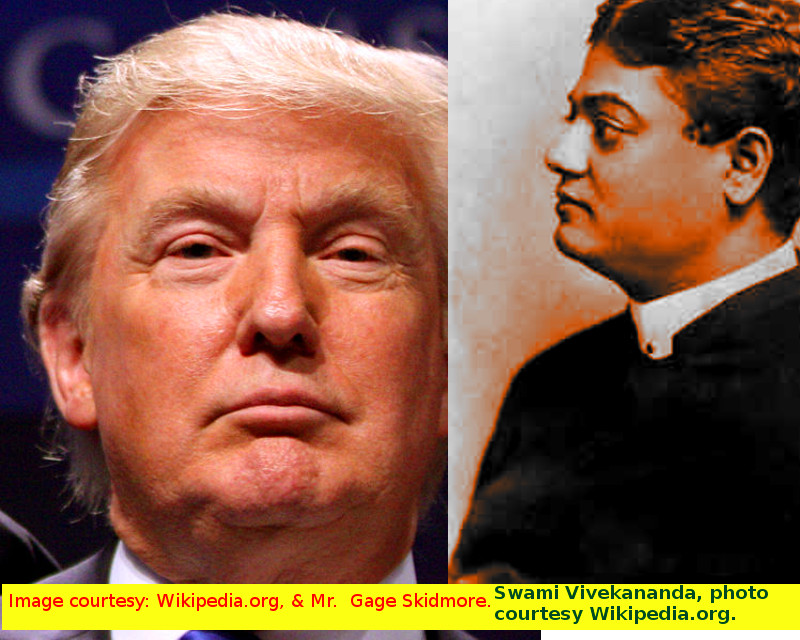#262 Why all the swAmIjis affix Ananda to their name?
Vol.2 sabhA parva-02-004-008.
List of VIPs of thosE days, prEsEnt in yudhishThira court.
asito dEvalah satyah sarpamAlI mahASirAh-
arvAvasuh sumitraS ca maitrEyah Sunako balih
bako dAlbhyah sthUlaSirAh krishNadvaipAyanah Sukah-
sumantur jaiminih pailo vyAsaSishyAs tathA vayam
tittirir yAgnavalkyaS ca sasuto lomaharshaNah-
apsuhomyaS ca dhaumyaS ca ANImANDavyakauSikau
Sabha004 011 dAmoshNIshas traivaNiS ca parNAdo ghaTajAnukah-
maunjAyano vAyubhakshah pArASaryaS ca sArikau
balavAkah SinIvAkah sutyapAlah kritaSramah-
jAtUkarNah SikhAvAmS ca subalah pArijAtakah
parvataS ca mahAbhAgo mArkaNDEyas tathA munih-
pavitrapANih sAvarNir bhAlukir gAlavas tathA
janghAbandhuS ca raibhyaS ca kopavEgaSravA bhriguh-
haribabhruS ca kauNDinyo babhrumAlI sanAtanah
kakshIvAn auSijaS caiva nAcikEto atha gautamah-
paingo varAhah Sunakah SANDilyaS ca mahAtapAh
E karkaro vENujanghaS ca kalApah kaTha Eva ca
Sabha004 016 munayo dharmasahitA dhritAtmAno jitEndriyAh-
EtE cAnyE ca bahavo vEdavEdAngapAragAh
upAsatE mahAtmAnam sabhAyAm rishisattamAh-
kathayantah kathAh puNyA dharmagnAh Sucayo amalAh
Yudhishthira was performing rAjasUya sacrifice.ybrao-a-donkey‷s perceptions The above Sanskrit verses from vyAsa mahAbhArata, and gangUli‷s English translation, indicate that none of the great sages of mahAbharata period bore the suffix 'Ananda' in their names. Why? Probably it was not a custom.
list of sages sitting in maya assembly. Upon the seats in that palace sat, along with the Pandavas, Rishis and kings that came from various countries, viz., Asita and Devala, Satya, Sarpamali and Mahasira; Arvavasu, Sumitra, Maitreya, Sunaka and Vali; Vaka, Dalvya, Sthulasira, Krishna-Dwaipayana, and Suka Sumanta, Jaimini, Paila, and the disciples of Vyasa, viz., ourselves; Tittiri, Yajanavalkya, and Lomaharshana with his son; Apsuhomya, Dhaumya, Animandavya; and Kausika; Damoshnisha and Traivali, Parnada, and Varayanuka, Maunjayana, Vayubhaksha, Parasarya, and Sarika; Valivaka, Silivaka, Satyapala, and Krita-srama; Jatukarna, and Sikhavat. AlAmba and Parijataka; the exalted Parvata, and the great Muni Markandeya; Pavitrapani, Savarna, Bhaluki, and Galava. Janghabandhu, Raibhya, Kopavega, and Bhrig. Harivabhru, Kaundinya, Vabhrumali, and Sanatana, Kakshivat, and Ashija, Nachiketa, and Aushija, Nachiketa, and Gautama; Painga, Varaha, Sunaka, and Sandilya of great ascetic merit: Kukkura, Venujangha, Kalapa and Katha; these virtuous and learned Munis with senses and souls under complete control, and many others as numerous, all well-skilled in the Vedas and Vedangas and conversant with (rules of) morality and pure and spotless in behaviour, waited on the illustrious Yudhishthira, and gladdened him by their sacred discourses.
When did it start a)in Indian history b)in Hinduism c)in Buddhism?
The ShankaracArya tradition swAmijis of the four monasteries i.e. pUri, SringEri-kanci, dvAraka, and badri, wear these ANANDA, BHARATI, SARASWATI suffixes in their names. How did vivEkAnanda take his name from the ruler of khEtri, after wearing out two/three other Ananda names, apart from paramahamsa? Paradox is, in spite of wearing the name ANANDA (joy), vivEkAnanda‷s 1898-1902 life was full of misery, some his own creation, some the acts of environment (which vivEkAnanda termed karma).
None of the nearly 115000 verses of the Epic mahAbhArata contains a single name of sages/monks ending with Ananda. SatAnanda‷s name was mentioned at one place, but he was a house-holder-sage.
The first four apostles of Adi ShankarAcArya did not have names ending with Ananda/bhArat/saraswati.
The names : padmapAda (also sananda).
surESwara (manDanamiSra).
hastAmalaka (person with gooseberry in his hands.)
tOTakAcArya.
Even the 13th successor of SringEri monastery of South India, vidyAraNya, who helped in establishing the hampi-vijayanagara-Anegondi empire in 14th Century CE did not have this Ananda suffix.
Today, every modern swAmiji wears. Ananda means supreme bliss. Do the modern swAmijis have supreme bliss by virtue of suffixing Ananda to their names, whereas our ancient sages of mahAbharata time did not have that bliss, because they bore names like kukkuTa (cock), Sunaka (dog), varaha (pig), tittiri (name of a bird)? (Readers, will please see, the list above.)
Why modern swAmIjis do not wear names like kukkuTa, Sunaka, varaha, tittiri? Do they consider these names as abominable/aboriginal/despicable/spurnable? (to continue).



Comments